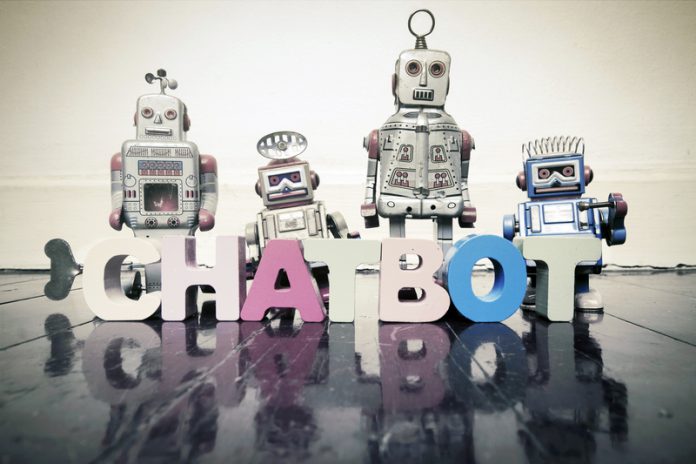John McMahon, Product Director at IEG4, discusses the use of chatbots and how he believes it will revolutionise the future of local councils
Like Marty McFly in Back to the Future, one needs to consider the past, to understand the vector of travel we’re racing toward the future on. Let’s visit the year 2008. The iPhone has launched and, for the first time, the world’s knowledge base (the internet), is in the palm of your hand. Despite this technological seismic shift, our travels to 2008 will tell us that our digital transformation progress since then on a macro level has been almost entirely iterative.
What the iPhone achieved in 2008 was to kick-start the exponential growth of a more personal internet – one with apps and connected services – that leveraged internet services through use of APIs. Once it was understood that the internet and e-commerce would rest in one’s hand, it was clear that app development would explode, devices would become more secure, and we’d all become more interconnected. It did, but, there remains an uncomfortable truth. And that is, ten years into the journey, we’re not doing anything crazily different from before. Sure, one can order food or a taxi from an app on a phone, unthinkable ten years ago, but the fundamental tech is simply accessing internet services to transact from one endpoint to another.
Similarly, apps like SnapChat and Messenger may have cool image filters, but at their core, they are simply messaging services. And we all started to send text messages to each other in 1997. Internet pages today are dressed with the splendid bird of paradise overlays of CSS (Stylesheets) – but on the same old HTML undergarments. And, true story, Gov.UK is remarkably similar in layout to the excite.com home page of 1998.
Maybe now, however, is the moment we can make a leap forward. Because the technology of now is AI – artificial, or augmented, intelligence. And the key to the leap is that AI can learn, and you can be its teacher.
The AI branch I’m most excited about is the use of chatbots. Chatbots will massively increase the relevance of local councils to the average millennial. Conversational user experiences, like those in Facebook Messenger, are going to explode in a vast array of use cases and markets, because they can provide the ultimate user experience and breakdown barriers of accessibility. To provide some context, you can now order a taxi with Lyft or pizza from Pizza Hut without leaving the comfort of Facebook Messenger. Generation Y love this, and importantly, will come to expect it from any service.
There is clearly a difference between the hundreds of services councils offer and the variety of toppings one can order on their pizza. But councils already have the knowledge base to power a chatbot capable of answering even the most obscure of queries. This is because they know: why people call; which services are most commonly called; and how to respond to questions and/or how to direct them to services.
At IEG4, we’ve established that there are 200+ questions posed frequently to local government organisations. Using Microsoft’s Bot Framework, we have created a chatbot, or Virtual Call Agent (VCA), as Gartner calls them, that will instantly learn a council’s existing FAQs for every department. Importantly, this VCA will learn any new questions that are added, and can also be taught nuances, (which makes them smarter), by service users (not IT).
For example, say you have a question “When will I be paid my benefit?”, you could add nuanced versions of this such as “When is my landlord getting their money?” or “Will my benefit money be paid soon?”. Each of the examples will return the same answer – making the AI ‘smarter’.
Technologies like Microsoft’s Bot Framework means the Virtual Call Agent can be deployed through Web Chat, Facebook Messenger, Skype and Cortana. This adds a whole suite of digital channels that don’t require a citizen to open an internet browser – an area yet to be exploited by local authorities, but one loved by millennials. Conversational interfaces are at a relatively embryonic stage but they will quickly evolve to be able to take council tax payments, and become the new medium for completion of simple online forms through basic questions and answers. They will also be able to provide citizens with progress updates on service requests.
If I could build a flux capacitor, I’d be jumping into my DeLorean now to see exactly how AI has shaped local government digital transformation a decade on from now. I’d expect to see that the use of chatbots from within apps like Facebook Messenger had made a far greater difference in the next ten years than technology did in the ten years just gone.











